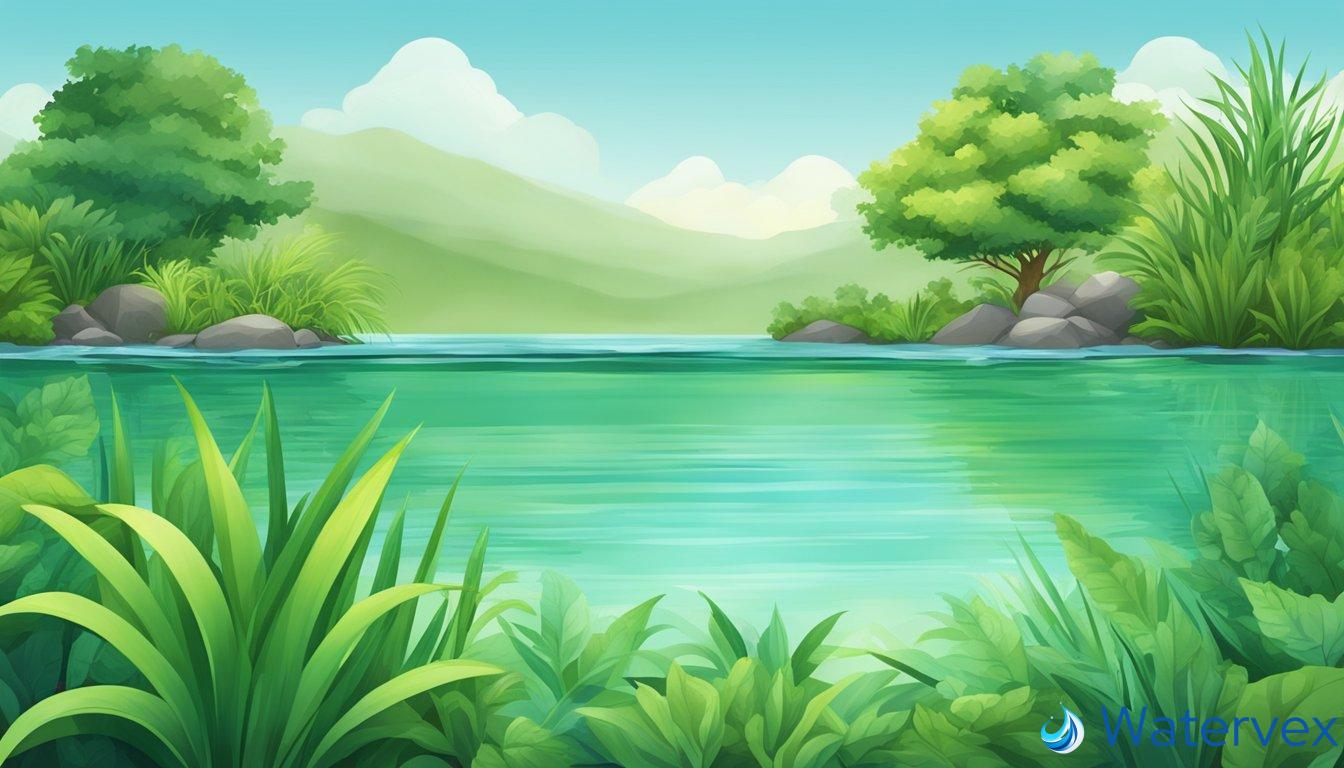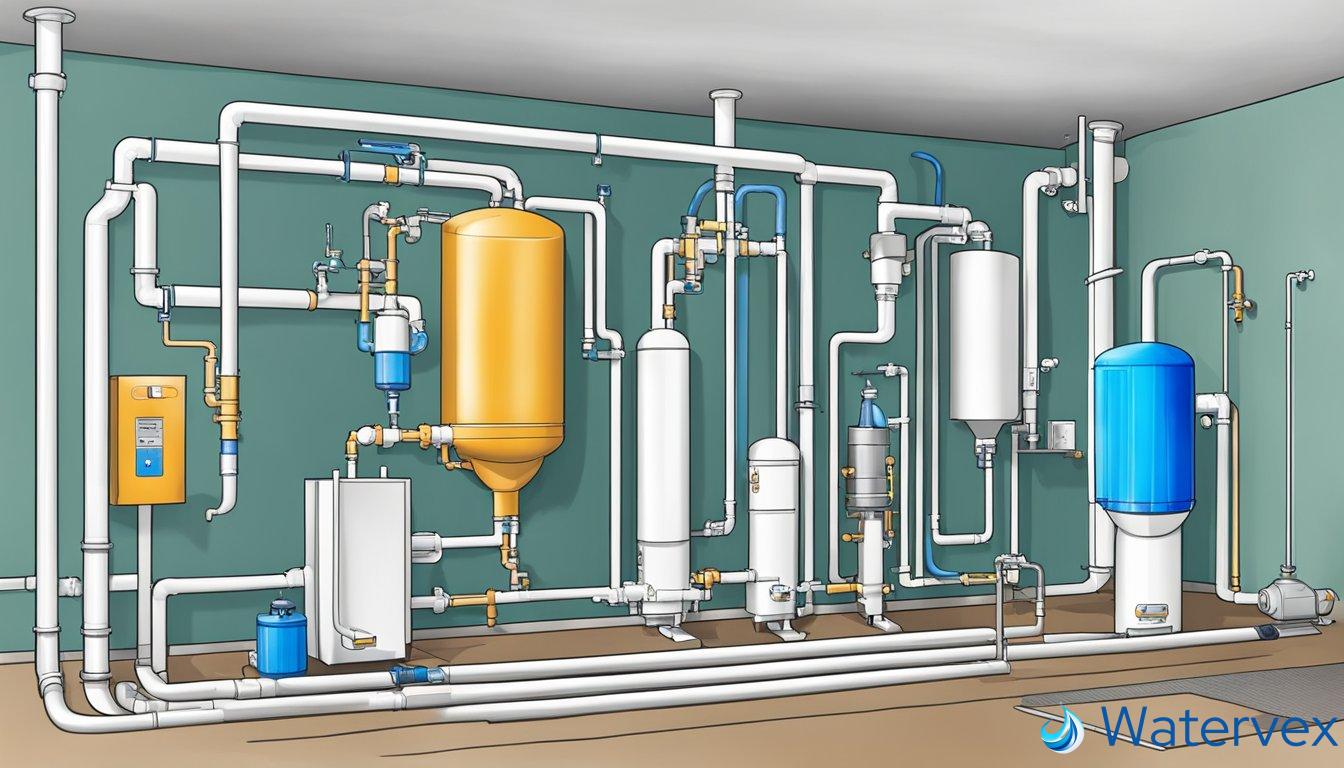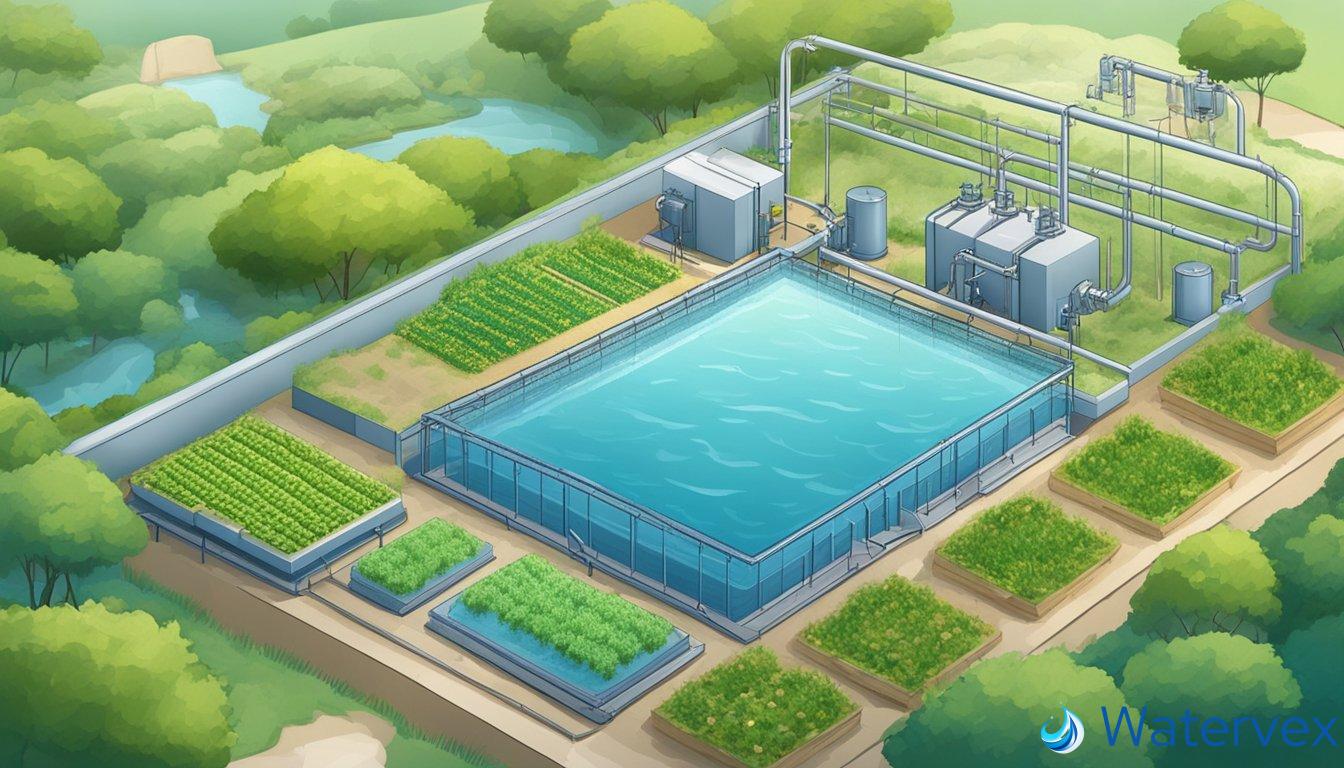Understanding the efficacy of water conditioners in plant care is essential for those aiming to nourish a healthy garden while also protecting their home water systems. Hard water, characterized by its high levels of minerals like calcium and magnesium, can pose challenges when used for irrigation. Over time, these minerals can accumulate and cause harm to both plants and household plumbing. By investing in a water conditioning system, you can alleviate these issues by converting hard water into soft water, which is more suitable for both your plants and pipes.

Choosing the right water conditioner is crucial as it ensures the removal of undesirable minerals without negatively impacting the water quality. It’s essential to consider a system that effectively balances the mineral content, thereby preventing scale buildup that can damage appliances and affect water taste. Softened water can be especially beneficial for your plants, which might otherwise suffer from the effects of hard water.
Key Takeaways
- Water conditioners transform hard water into soft water, aligning water quality with plant and home needs.
- Selecting an appropriate water conditioner considers mineral balance and prevention of scale buildup.
- Soft water benefits both household plumbing and the health of your plants.
What Are Water Conditioner Plants?
In gardening, the term water conditioner plants may confuse you; it could imply plants that condition water or the use of water conditioners for plants. For clarity, here we’re discussing the latter—water conditioners that are used for plants. Rainwater, groundwater, and tap water often contain minerals like calcium, magnesium, or iron which, in excess, may not favor your plants’ growth in your garden or indoors.
When you’re aiming to strike a balance in your plant care routine, using a water conditioner helps to adjust the concentration of these minerals. This is not just for houseplants but also for those in your outdoor garden. It’s about creating an environment that mirrors the optimal conditions found in nature. You know that nutrients are vital, yet the concentration levels are equally important. High mineral content can lead to unwanted scale buildup, affecting the soil’s quality and potentially harming sensitive indoor plants.
Benefits of Water Conditioners for Plants:
- Removes Chlorine: Beneficial bacteria aren’t killed by chlorine in the water.
- Balances Minerals: Ensures that no single mineral like calcium or magnesium overtakes the others, which could impact nutrient uptake.
- Softens Water: Reduces risk of soil and plant damage from hard water.
Imagine you’re adjusting a recipe to your taste; that’s what water conditioners do for your plants. They tweak the recipe of the water to suit your plants’ needs, aiming for that ‘just right’ mix, one that doesn’t swing the pendulum too far towards too many minerals or too few. It’s about providing your plants with what they need, when they need it, in the right amounts.
How Do Water Conditioner Systems Improve Home Water Quality?

Water conditioner systems integrate seamlessly into your home to enhance your water’s taste, quality, and safety. They also eliminate issues like scale without adding sodium to your water.
Benefits of Using Water Conditioners
Chlorine Reduction: Chlorine is often used in municipal water supplies to eliminate bacteria and other pathogens. However, too much chlorine can make your water taste and smell unpleasant. Water conditioners employ activated carbon filters to dechlorinate your water, improving its taste and smell. For instance, water conditioner systems are effective at removing not just chlorine but a variety of chemicals that could be lurking in your tap water.
Managing Hard Water Minerals: You may notice calcium and magnesium deposits on fixtures, which indicate hard water. Conditioners alter these minerals’ properties to prevent scale. They don’t remove the minerals; instead, they change their structure so they won’t stick to surfaces—a process typically less intense than what occurs in traditional water softening.
Contaminant Removal: A comprehensive filtration system will trap sediments and rust, clearing up your water. Advanced systems may include stages of reverse osmosis or other filters that remove a broad array of contaminants from your water, leading to safe and filtered water for all household uses.
Comparison Between Softened Water and Conditioned Water
Water Softening: A typical water softener works on the principle of ion exchange, swapping calcium and magnesium in hard water with sodium ions. This completely softens the water by removing hardness minerals, which is excellent for preventing scale in your pipes and appliances.
Water Conditioning: Conditioners, on the other hand, don’t remove these minerals but neutralize them so they don’t form scale. They maintain the pH level of the water, ensuring minimal change to its original composition. The resulting water is not “softened” in the traditional sense but is conditioned to reduce the ill effects of hard water.
In comparing both, water softeners might leave a slightly slippery feeling on the skin, a side effect of the sodium, while conditioners offer a more natural feel. If you’re concerned about sodium intake due to dietary restrictions, a conditioner might be the preferable option.
What Should You Consider When Choosing a Water Conditioning System?

Selecting the right water conditioning system for your household requires careful consideration of local water characteristics and the variety of options available.
Assessing Local Water Conditions
Municipal water can be quite different from one location to another. It’s crucial to first test your water for minerals such as calcium and magnesium, which contribute to hardness, as well as contaminants like lead and copper. This will determine if you need a system that targets these specific conditions. For example, if your water test shows a high concentration of minerals, you might need a system that can handle a larger number of gallons to effectively condition your water.
Understanding Different Types of Conditioners
When you’re exploring water conditioner plants, consider the types of systems such as salt-free conditioners or those based on reverse osmosis. Salt-based systems, although effective for removing hardness, add sodium to the water, which can be a concern for those with dietary sodium restrictions. On the other hand, reverse osmosis water systems are highly efficient, removing almost all mineral particles and some disinfectants, but they produce distilled water, which might require remineralization for taste.
Each type of system has its own method of conditioning water, so choose one that harmonizes with your specific water quality and household needs.

